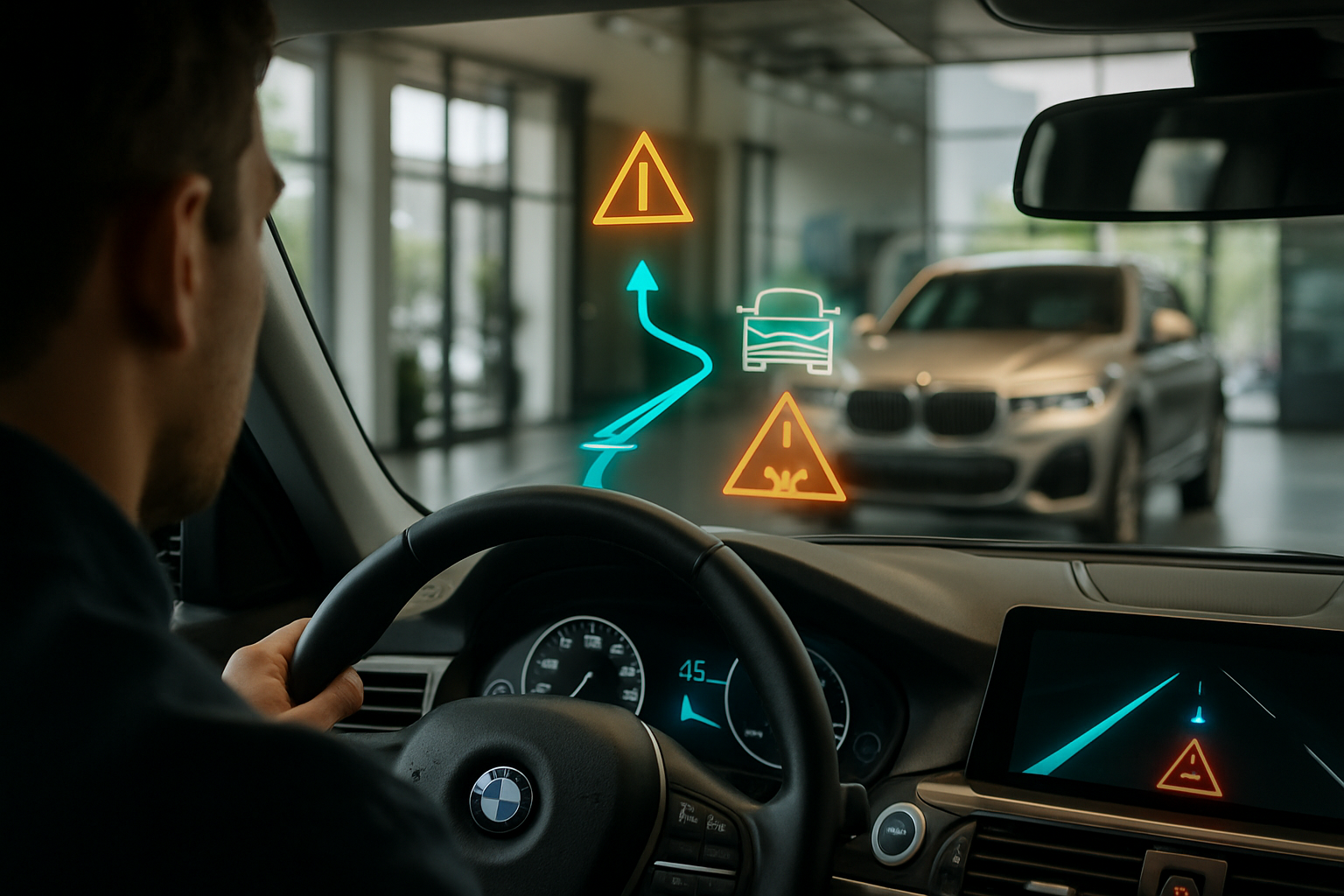The Dawn of Hydrogen Fuel Cells in the Automotive World
The future of the automotive world is here, and it's not just about electric cars. Meet the hydrogen fuel cell, a technology that's set to revolutionize the way we power our vehicles and change the face of transportation as we know it. In the early 1800s, Sir William Grove, a British scientist, discovered the basic principles of the hydrogen fuel cell while experimenting with electrolysis. However, it wasn't until the mid-20th century, during the space race, that this technology found a practical application. NASA adopted hydrogen fuel cells to generate electricity and drinking water for astronauts aboard the Apollo spacecraft.

In the automotive sphere, the first hydrogen fuel cell vehicle (FCV) was developed in the 1960s by General Motors. However, it took several decades of technological advancements to make FCVs commercially viable. Today, with the dire need to reduce greenhouse gas emissions and our dependency on fossil fuels, hydrogen fuel cells present an attractive, eco-friendly alternative.
Hydrogen Fuel Cells: The Current Landscape
The automotive industry is undergoing a profound transformation, with hydrogen fuel cells emerging as a key player. Major automakers like Toyota, Honda, and Hyundai have already launched hydrogen-powered models, indicating the growing acceptance of this technology.
Today, the industry’s focus is on improving the efficiency, durability, and affordability of fuel cells. Additionally, efforts are being put into developing a robust hydrogen infrastructure, which is crucial for the widespread adoption of FCVs.
The Science Behind Hydrogen Fuel Cells
Hydrogen fuel cells operate on a simple principle. They convert chemical energy into electricity through a reaction between hydrogen and oxygen. The only byproduct of this process is water, making it an extremely clean source of energy.
A typical fuel cell consists of two electrodes (an anode and a cathode) separated by a membrane. Hydrogen gas is fed into the anode, where it splits into electrons and protons. The protons pass through the membrane to reach the cathode, while the electrons create an electric current that powers the vehicle.
The Impact of Hydrogen Fuel Cells on the Automotive Industry
The potential of hydrogen fuel cells extends beyond just reducing emissions. These cells offer several advantages over traditional internal combustion engines and even electric vehicles. FCVs have a longer range and faster refueling times compared to EVs. They also operate quietly and perform well in a range of temperatures, making them suitable for various driving conditions.
However, there are challenges to overcome. The high production cost of fuel cells and the lack of a comprehensive hydrogen infrastructure are major hurdles. Despite these obstacles, the industry remains optimistic about the future of hydrogen fuel cells.
Looking Ahead: The Future of Hydrogen Fuel Cells
The potential of hydrogen fuel cells is immense. As technology advances and economies of scale kick in, we can expect to see more efficient and affordable FCVs on our roads. The growth of a hydrogen economy could also open up new opportunities in sectors like energy storage and transportation.
The road to a hydrogen-powered future may be long and challenging, but the rewards are worth the journey. As the industry continues to innovate and evolve, the dream of a sustainable, emission-free transportation system is closer than ever before.




